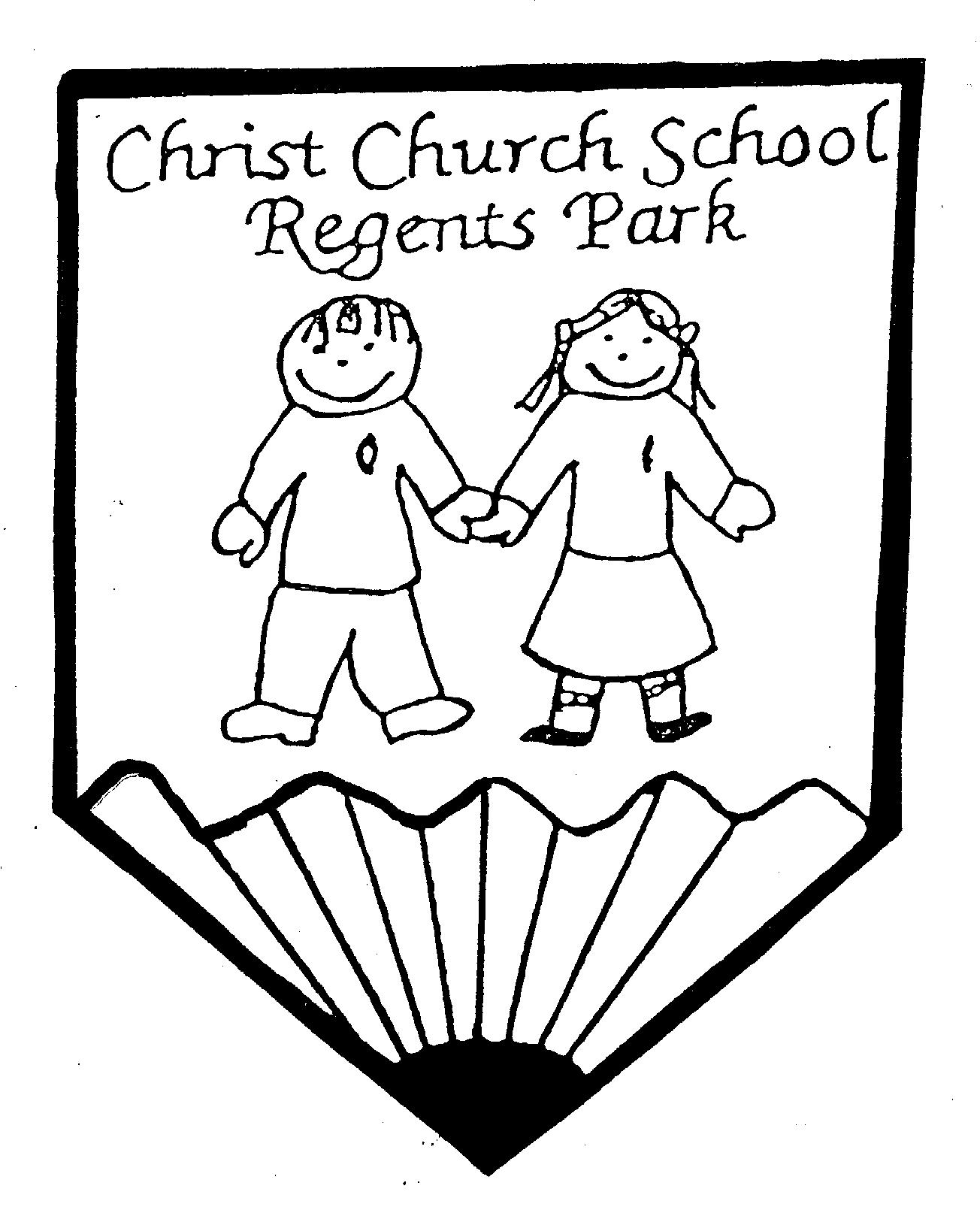Music
The Christian faith is at the heart of our school community.
At Christ Church we all care, learn and work together for God and others.
‘For we are all God’s handiwork, created in Christ Jesus to do good works, which God prepared in advance for us to do’. Ephesians 2:10
Our Christian Values are
Creation, Community, Wisdom, Endurance, Thankfulness, Reconciliation
Intent
The National Curriculum for music aims to ensure that all pupils perform, listen to, review and evaluate music. We intend to systematically and consistently develop the children’s skills in each of these key disciplines throughout their time at the school.
At Christ Church the intention is that children gain exposure and a strong personal connection to music through listening, singing, playing, analysing, and composing. They will be introduced to a wide variety of music from different historical periods, styles, traditions, and genres. Our objective is to develop a curiosity for the subject as well as an understanding and acceptance of the validity and importance of all types of music. We are committed to ensuring children understand the value and importance of music in the wider community, and are able to use their musical skills, knowledge, and experiences to involve themselves in music, in a variety of different contexts.
Implementation
The music curriculum ensures students sing, listen, play and evaluate music every week in some form. Singing is at the core of all music activity at Christ Church. Every child also has many opportunities to develop skills on musical instruments. This is embedded in the weekly class music sessions as well as in the weekly hymn practice, through various concerts and performance opportunities, the learning of instruments, and the provision of extra-curricular musical ensembles and clubs. The elements of music are taught in the classroom lessons so that children develop the language of music to dissect it and understand how it is made.
Impact
Through music, children can implicitly develop and explicitly be agents in their own development of fundamental abilities such as: achievement, self-confidence, interaction with and awareness of others, and self-reflection. Music also develops an understanding of culture and history, both their own and those from across the world. For pure enjoyment, they will learn to access music – either as listener, creator or performer. Through learning to analyse music, children will have a greater understanding and appreciation of the music the encounter all around them outside school. Children will be taught performance skills and will be given opportunities to display these in front of a range of audiences, including some as Camden Music Scholars.
